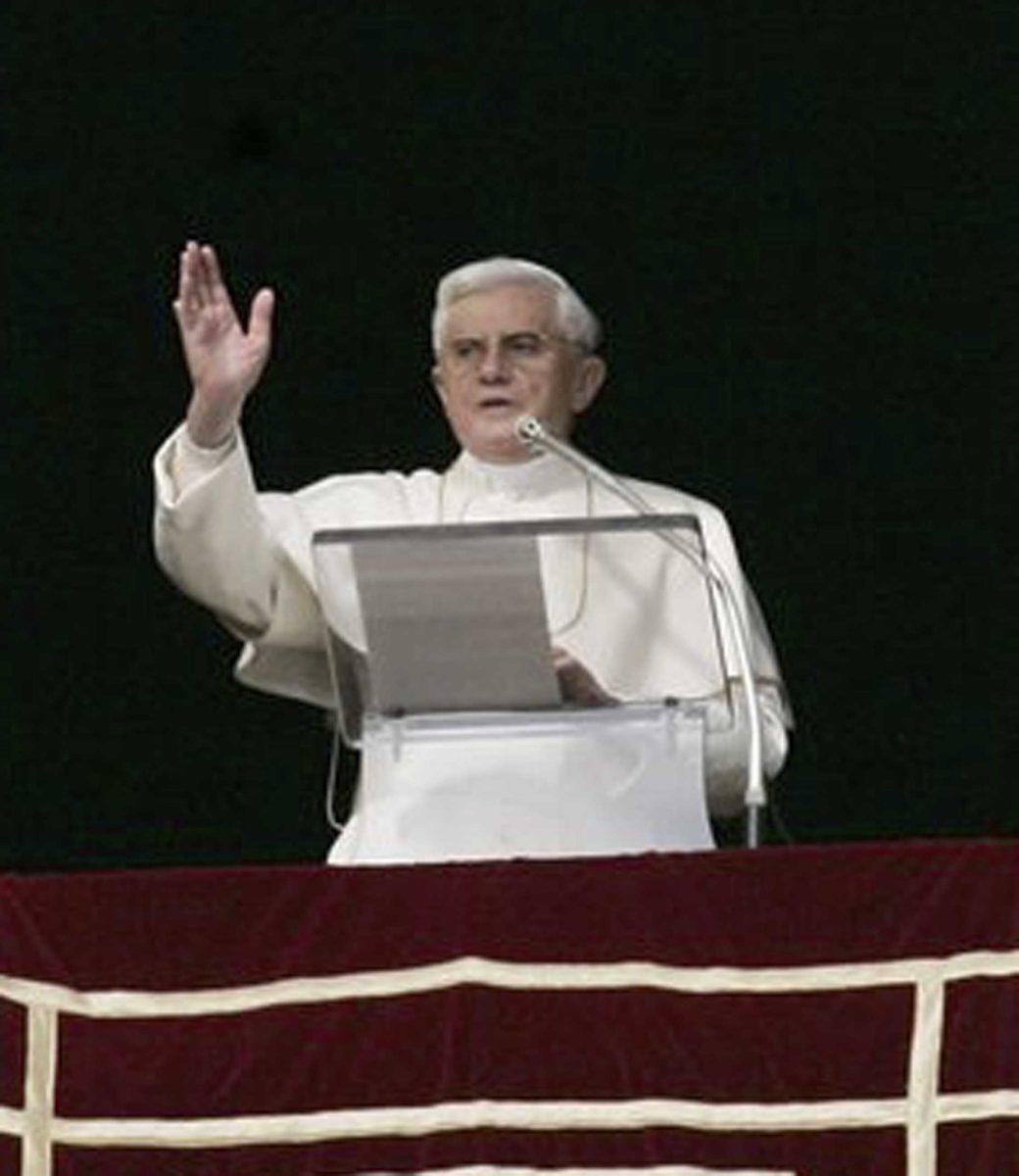The Catholic Church is taking advantage of the latest — and perhaps most effective — proselytizing method in modern communication.At the World Day of Communications annual celebration, Pope Benedict XVI recognized the “shifts in patterns of communication and human relationships” brought on by instant global communication through modern technologies.The pope cited the new media’s ability to foster communities and networks, spread information and ideas and advocate learning.In its latest image makeover, the Catholic Church is modernizing its reputation by promoting social networking sites “to promote human understanding and solidarity.”Recognizing the fundamental human desire for relationships, the pope even claims these online services reflect the Almighty’s desire to unite humanity into one family. The innate outreach of man carries with it a sort of righteousness, Benedict XVI said.But short of outright praise, the pope offered stern cautions for his flock.He attacked the “fleeting, shallow relationships” often cultivated by social outlets like Facebook. Benedict XVI praised not the capacity to encourage contact between people but the quality of the content circulated through new media.The theme of the papal speech was to espouse respect for the dignity and worth of new media users; open and tolerant dialogue between different cultures, countries and religions; and friendship — the most elusive concept in the discussion.Networking sites such as Facebook have done much to alter the modern understanding of the term “friendship.” The pope rightfully raises awareness about the potential toll taken by sustaining and developing online relationships at the expense of real social interaction among actual members of society.The desire for virtual connectedness could have a perverse effect by isolating individuals from reality and “disrupting the patterns of rest, silence and reflection that are necessary for healthy human development.”Benedict XVI says friendship should be a means of community service, not an end in itself.And the money quote:”We must not allow ourselves to be deceived by those who see us merely as consumers in a market of undifferentiated possibilities, where choice itself becomes the good, novelty usurps beauty, and subjective experience displaces truth.”In other words, don’t whore yourself out to advertisers or online peers.But short of raining on everyone’s Facebook parade, the pope offers encouragement and initiative to new media users. To achieve moral justification for its existence, the pope says, new media users must strive to make this technology available to the whole world so as not to “increase the gap separating the poor from the new networks that are developing at the service of human socialization and information.”Users must also be responsible enough to post and view only appropriate content.Benedict felt compelled to address today’s youth through a means it understands and appreciates because he recognizes the task of evangelization falls squarely on the shoulders of those who will pioneer the expansion of the “digital continent.”Since his papacy began, Pope Benedict XVI has taken heat for his traditional approach to Catholicism. Succeeding John Paul II — or the Great Communicator, a pope known for his liberal outlook — Benedict has cast himself as a staunch opponent of modern, liberal approaches to faith and world events.Since then, the Church has gone so far as to launch its own YouTube channel.The pope’s recognition of the dangers and benefits of new media in general — and social networking sites in particular — is a further step toward social progress.Benedict XVI acknowledged humans naturally seek to manipulate their environment through various tools, and the Internet provides the latest instrument with which to foster modern human growth.No matter how quickly the medium grows or changes, the message must be carried on as effectively as possible.—-Contact Daniel Lumetta at dlumetta@lsureveille.com
Louisianimal: Pope embraces Internet, social progress with Facebook
February 3, 2009




